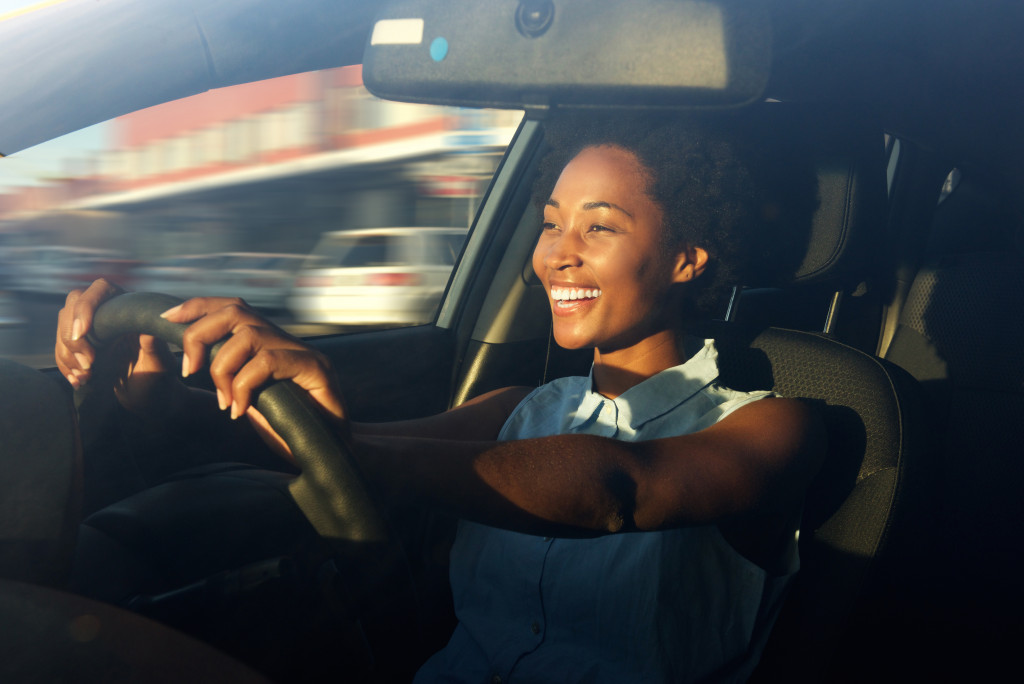If you hate routines, working from 9 to 5, and staying in one place for a long time, being a ride-sharing app driver might suit you. Uber and Lyft could always use more drivers. You can also try being a truck driver, but the conditions in those jobs aren’t always desirable.
Unlike truck drivers, Uber and Lyft drivers use their own vehicles. As such, they are considered independent contractors instead of employees. This comes with both advantages and disadvantages. The good is that you have more control over your working hours and that you’re free to do whatever you want with your car. The bad is that if you get in trouble, you can’t be sure that Uber or Lyft will have your back.

That said, here are the factors you should consider before signing up for the job:
1. Salary and Pay Structure
Uber drivers are paid according to location, time of day, and frequency of work. As such, their earnings vary day by day. They aren’t given a set rate. Surge pricing and customer fees can increase their earnings. If a passenger cancels while their driver is on their way to pick them up, the drivers are paid a cancellation fee.
Lyft’s pay structure is a little different. Their drivers are paid based on the time they spent driving with a passenger and the distance they’ve traveled. The calculation starts when the driver picks up the passenger, and they tap “Arrive” on their app.
However, Lyft takes 20% of the gross fare and pays the rest to the driver. Uber, on the other hand, takes as much as 25%. GoBankingRates.com found that Uber drivers make no more than $200 after working 20 hours a week, while Lyft drivers can make between $12 and $17 per hour.
2. Background Checks
As you’d be entrusted with passengers’ safety, Uber and Lyft conduct extensive background checks on their potential drivers. If you have no criminal record, then you’ve got nothing to worry about. But a history of speeding or any other traffic violation can affect your chances of being accepted.
Uber runs background checks each year, so you should be extra responsible if you want to stay in their program. You can’t drink and drive, which you shouldn’t do in all situations anyway. You should always follow the safety policies as well. If a passenger feels uncomfortable with your driving or attitude, the low rating you’d get might influence your background check.
3. Safety
Often, we hear passengers sharing horror stories about their Uber or Lyft drivers. But drivers aren’t immune to horror stories as well. Both Lyft and Uber drivers have had their fair share of unruly passengers, which they’ve told on Buzzfeed.
Drivers can also be victims of verbal abuse, exposed to intense meltdowns, and threatened by drunk passengers. In these scenarios, the drivers don’t always have a choice but to take their passengers to their destinations. Thankfully, ride-sharing app drivers can also rate passengers, allowing Uber or Lyft to ban unruly passengers.
4. Policies
Uber and Lyft have different policies. Aside from the obvious, which is to avoid driving under the influence or with weapons, ride-sharing drivers aren’t allowed to turn down passengers with animals. They also can’t drive with a companion. If they’d have passengers with children, Uber and Lyft drivers must allow or require them to install car seats. Otherwise, the driver could be charged fines for breaking the law.
5. Accidents
Since Uber and Lyft drivers are considered independent contractors, they won’t always cover for them during unfortunate events. But if the drivers violate a policy, Uber or Lyft will immediately remove them from the program. And with Uber, it could happen without warning.
If drivers get into an accident, their insurance policies usually cover the damages. But this puts the driver at a disadvantage. If the accident took place with a passenger, the passenger also gets the shorter end of the stick if Uber won’t compensate them. Hence, injured drivers or passengers should get help from an experienced Uber accident lawyer. It will ensure that Uber will be held responsible for the damages an accident leaves. This also applies to Lyft drivers and passengers.
It’s also important to note that your auto insurance policy won’t cover accident damages automatically. Since you’re using the car for business purposes, your policy is not covered, which is most likely a personal auto insurance policy. Hence, talk to Lyft or Uber about coverage before applying. Both companies offer insurance policies, so be sure that you will be covered.
Considering all of these, being a ride-sharing app driver is far from perfect; risky, even. But if you’re down to the challenge and are confident with your skills, it’s most likely the job for you.


